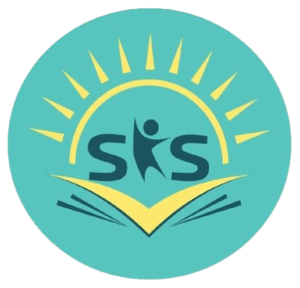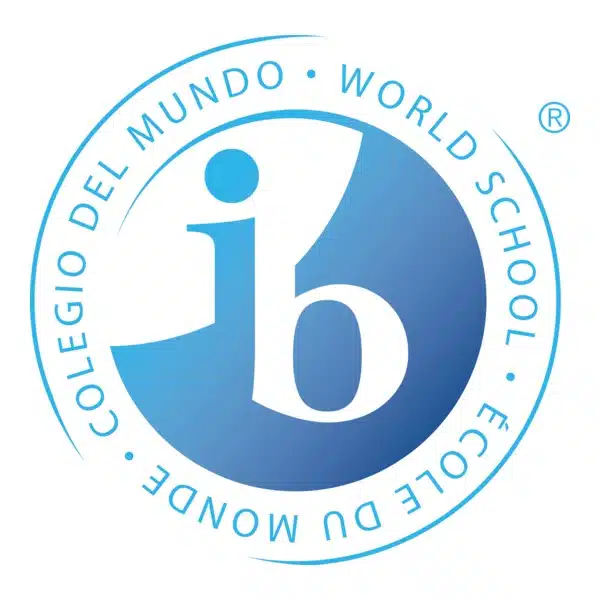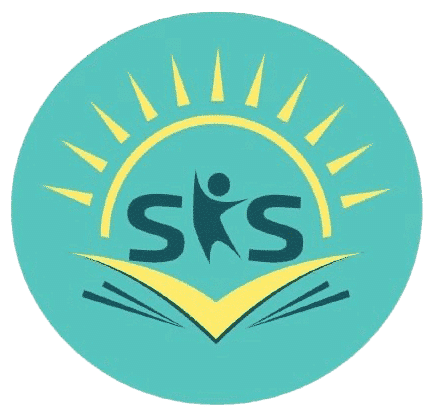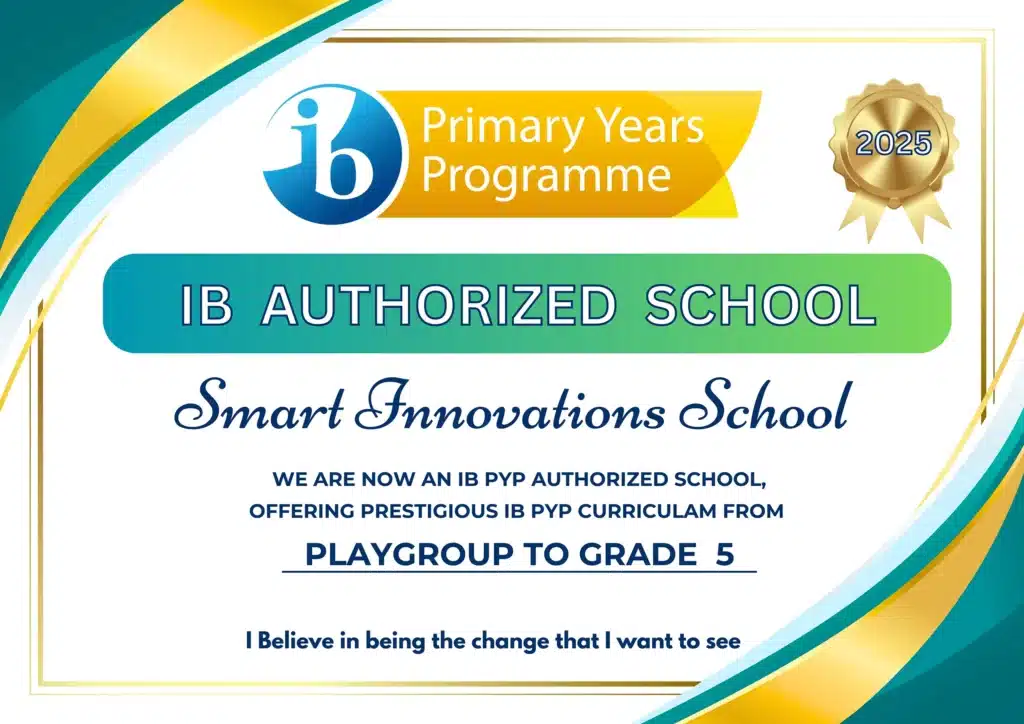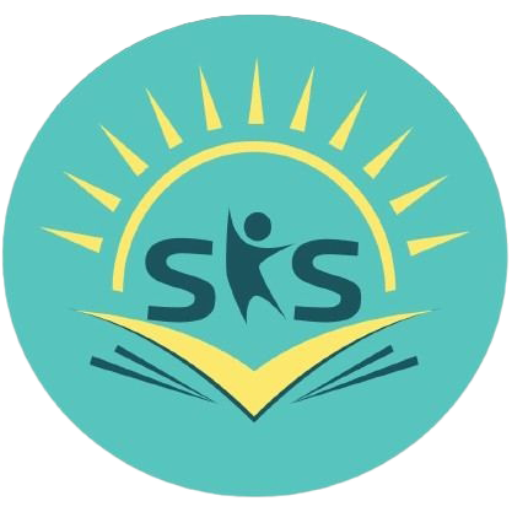Approaches to Learning (ATL) Skills
Students are expected to develop and demonstrate skills, knowledge, and understanding of the five Approaches to Learning (ATL) across the Primary Years Programme (Primary School Programme).To enhance competency in these areas, teachers design learning tasks, activities or challenges that nurture students’ further growth and understanding of the Approaches to Learning.
What are the Approaches to Learning (ATL) skills?
The Approaches to Learning (ATL) skills are a set of skills that help students learn how to learn. These skills are essential for students to succeed in their academic and personal lives. The five categories of ATL skills are:
- Thinking Skills: Thinking skills encompass critical, creative, and reflective thinking. In the Primary School Programme, students develop these skills through activities that require them to analyze information, evaluate arguments, and generate innovative solutions. For example, during a science unit on ecosystems, students might engage in critical thinking by comparing the effects of pollution on different habitats, creative thinking by designing a model of a sustainable ecosystem, and reflective thinking by assessing their learning process and outcomes.
- Communication Skills: Communication skills involve listening, speaking, reading, writing, and using various media to express and interpret ideas. Primary School Programme students hone these skills through collaborative projects, presentations, and classroom discussions. In a language arts class, students might practice their writing skills by crafting persuasive essays, develop their speaking skills by presenting their arguments to the class, and enhance their listening skills by participating in peer feedback sessions. Additionally, using digital tools for multimedia presentations helps students become proficient in various forms of communication.
- Social Skills: Social skills are crucial for working effectively with others, understanding social and ethical norms, and resolving conflicts. In the Primary School Programme, students develop these skills through group work and community projects. For instance, during a unit on community helpers, students might work in groups to research different professions, collaborate to create a community map, and role-play scenarios to practice resolving conflicts. This collaborative environment encourages students to respect diverse perspectives, share responsibilities, and build positive relationships.
- Self Management Skills: Self-management skills include organizational skills, time management, goal-setting, and maintaining a balanced lifestyle. Primary School Programme students develop these skills through structured routines and self-directed learning opportunities. For example, during a long-term inquiry project, students might create a timeline to manage their tasks, set personal goals for their research, and reflect on their progress regularly. Teachers support students by providing tools and strategies for organization, such as planners and checklists, and by encouraging them to balance academic work with recreational activities.
- Research Skills: Research skills involve finding, interpreting, judging, and creating information. In the Primary School Programme, students develop these skills through inquiry-based learning and independent investigations. During a history unit, for example, students might choose a historical event to research, use primary and secondary sources to gather information, and present their findings through a written report or multimedia presentation. This process helps students develop the ability to ask relevant questions, evaluate the credibility of sources, and synthesize information to create new knowledge.
The IB approaches to teaching skills are:
- based on inquiry
- focused on conceptual understanding
- developed in local and global contexts
- focused on effective teamwork and collaboration
- differentiated to meet the needs of all learners
- informed by formative and summative assessment
